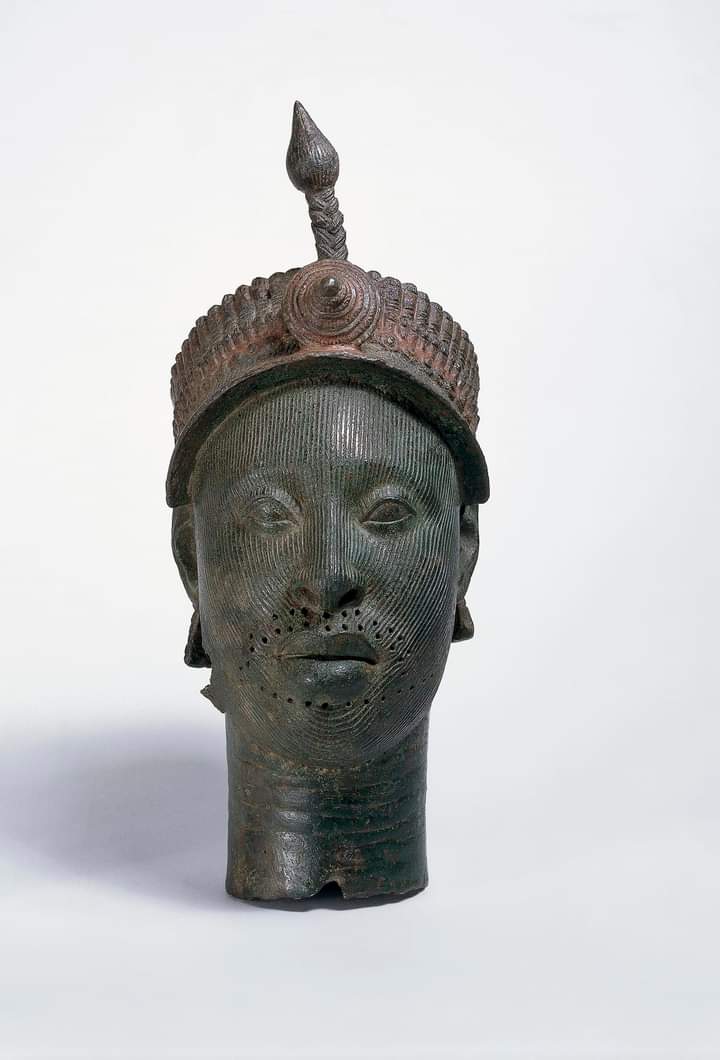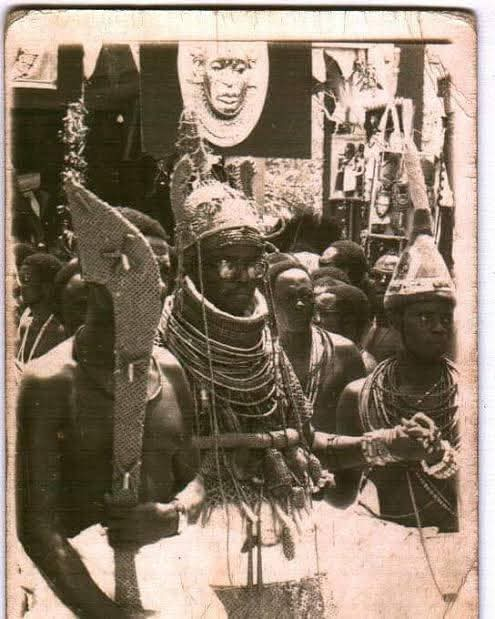THE BENIN-IFE CONNECTION – THE MISSING LINK
THE BENIN-IFE CONNECTION – THE MISSING LINK
Summary & Rephrasing
Following the launch of Omo n’Oba Erediauwa’s memoirs on April 29, 2004, a nationwide controversy erupted around the historic ties between Benin and Ife. The debate centered on the identity of Oduduwa, the legendary progenitor of the Yoruba people, and whether he originated from Benin as Prince Ekaladerhan, the exiled son of the last Ogiso of Benin.
Key Positions & Commentary
• Oba of Lagos’s Position:
He supported the Benin narrative, asserting that Oduduwa was indeed Prince Ekaladerhan from Benin.
• Ooni of Ife’s Reaction:
Angered by the implication, he accused the Oba of Benin of attempting to rewrite Yoruba history, insisting that Oduduwa descended directly from heaven with 400 deities. The Ooni defended the sacredness and originality of Ife’s traditions, rejecting any Benin linkage.
• Prince Akenzua’s Interpretation:
He argued both monarchs were sincere and correct from their perspectives—each speaking from the historical point at which their own traditions encountered Oduduwa. He likened it to two men walking down a street: one from the beginning, the other from the middle—each can only describe what they saw from their point of origin.
Debates Among Historians
• Dr. Siyan Oyeweso (LASU):
Criticized the Oba of Benin, calling him a non-historian trying to revise Yoruba history. He cited Yoruba mythology and colonial records to reinforce the Ife-centric origin of Oduduwa.
• Prince Akenzua’s Response:
He pointed out the difference between mythology and history—Oduduwa’s descent from heaven is a belief, not a proven historical event. He questioned why many commentators ignored this distinction.
He also debunked Oyeweso’s claim that the Oba of Benin was at the 1903 Ife meeting. In reality, Oba Ovonramwen was exiled in Calabar at the time.
The Oranmiyan Link
Benin oral history narrates that Oranmiyan, son of Oduduwa/Ekaladerhan, returned to Ife after leaving Benin, found his father dead, and moved further north to establish Oyo. His followers gave him the title “Alaafin,” while the old priest left in the house was mockingly referred to as “Ooni” (the one who won’t vacate the palace).
This lineage makes the Oba of Benin and the Alaafin of Oyo blood relatives, with Ife being a significant point of migration, not the origin.
Myth vs. Political Construct
• Oduduwa’s Mythification:
Akenzua emphasized that Oduduwa wasn’t a central figure in Yoruba history until the 1940s, when Obafemi Awolowo popularized the name for political unification via the Egbe Omo Oduduwa.
• Western Region Politics:
Benin’s participation in Western House of Chiefs was due to British colonial boundary demarcations, not cultural or ethnic alignment with the Yoruba.
Critique of Academic Bias
• Professor Ade Ajayi:
Criticized the Oba’s lack of academic credentials. Yet, Prince Akenzua argued that Ajayi failed to produce evidence of the heavenly origin of Oduduwa while accusing the Oba of lacking evidence.
• On Jacob Egharevba:
Oba Erediauwa critiqued contradictions in Egharevba’s “A Short History of Benin”, noting how the first edition and the fourth edition differ, with later versions potentially influenced by Ibadan historians. He did not discredit Egharevba’s overall legacy but questioned the inconsistencies.
Closing Notes
• Claims such as Michael Isede’s—that he is the grandson of the last Ogiso—were dismissed as historically inaccurate and confused.
• Akenzua concludes that serious scholarship must distinguish oral traditions, mythology, and political reinterpretations, and not allow ethnic chauvinism to override objective analysis.
Themes Highlighted
• The tension between oral history and documented history
• The role of mythology in identity formation
• The politicization of historical narratives
• Importance of cross-examining sources and historical methodology




